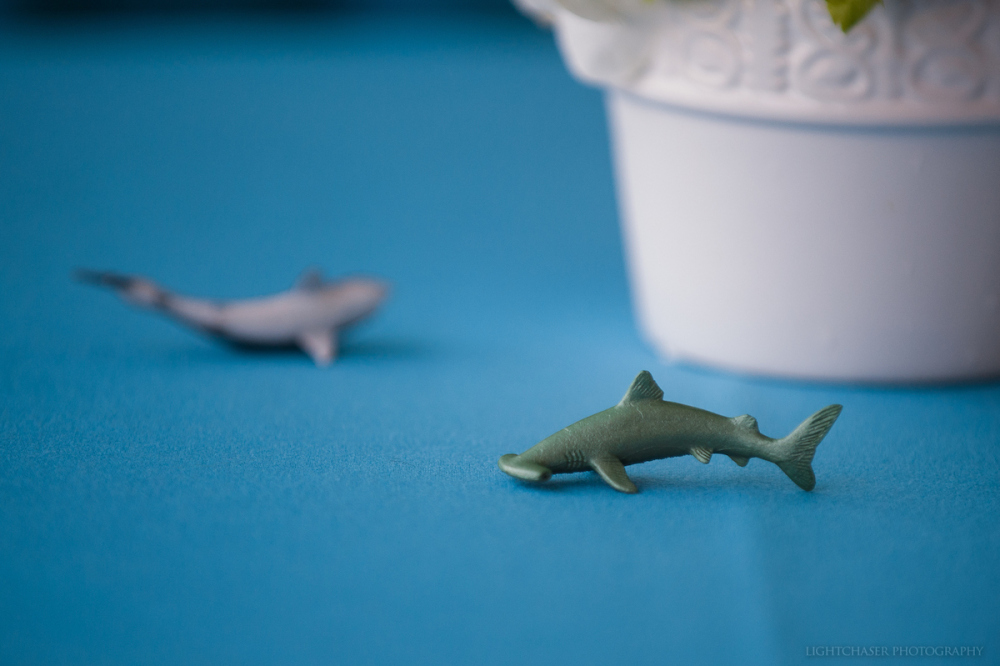On a recent spring evening, eight research teams from across the Brigham presented in front of a panel of scientific experts, donors and trustees and invited them to explore the brain with a neurosurgeon; envision a new animal model for heart failure; imagine a day when we can transplant an eye; watch a device that can detect the cause of a drug overdose in action; discover how salamanders heal without scars; and more. During their five-minute pitches, each team made a case for why the panelists should vote for their high-risk, high-reward project to receive seed funding. After a five-minute question and answer session, each team was escorted back to the waiting area to await the panel’s ultimate decision.
Fondly known as the Shark Tank, the May 15 event was the seventh in what has become an annual tradition at the Brigham. Since 2012, more than $1 million has been distributed to BWH investigators through these awards. This year’s competition, open to the entire Brigham community, offered two $50,000 awards, sponsored by the Brigham Research Institute (BRI) and the BWH Health & Technology Subcommittee, for projects that have the potential to advance the state of the applicant’s field of choice, deliver better health care, launch new companies, save money, improve care or transform medicine. This year, for the first time, the event included a second track made possible by the generosity of the Schlager Family and support from the Brigham Digital Innovation Hub. The Schlager Family Award for Early Stage Digital Health Innovation focused on advancing digital innovation toward commercialization, offering two $25,000 awards.
But at the end of the evening, as votes were tallied, the Shark Tank’s organizers had to confer about a tie among the four projects competing in the second track. Adam Landman, chief information officer for Brigham Health, spoke with Dan Tatar, president of the ADK Group and a member of the Brigham’s Board of Overseers, who had been asked to announce the winners that evening.
“When Adam told me that there was a bit of a challenge and that all the projects in Track B had received many votes, I felt that if there was a way to help, I wanted to do it. These were all good ideas and all deserving of funding. Why not find a way to help all four move forward?” said Tatar, who pledged his support that evening and allowed all four projects to receive funding.

